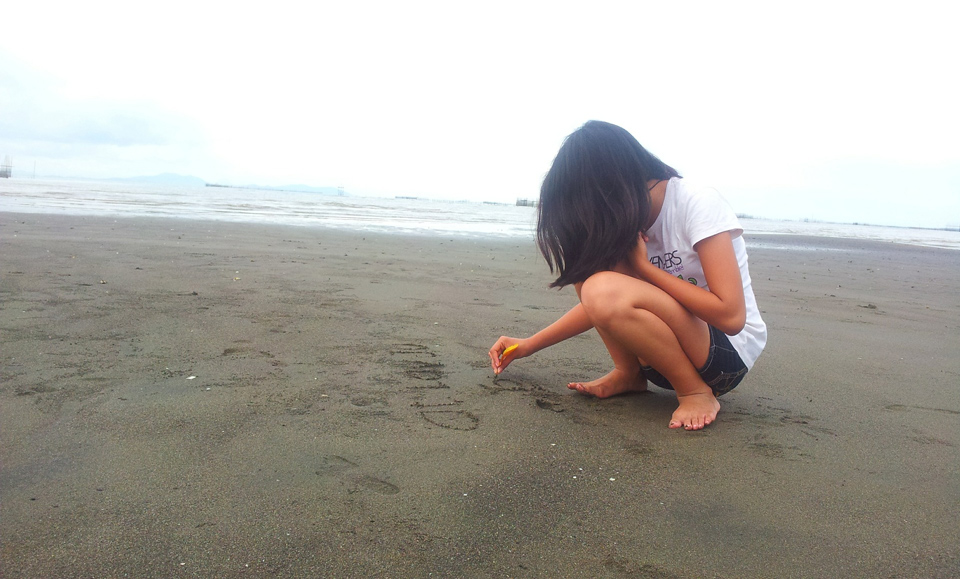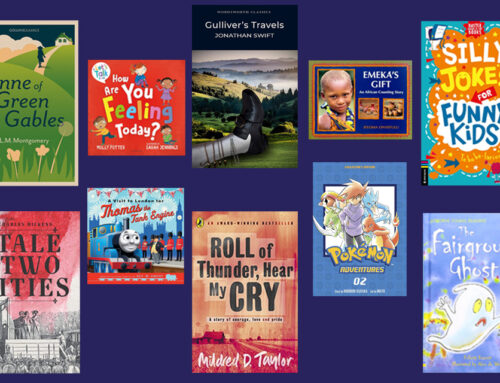In this series we mine the wealth of lived experience and invite members to share their thoughts with us – perhaps through an article, advice, sharing their careers, a piece of fiction or a poem. Tracey shares with us her thoughts about quiet time, writing and gets a little controversial about GCSE maths!
Tracey’s son, Adam, recently published his novel “The Tunnel of Adventures” and will be donating the proceeds of the sale of this book to I Can, the Children’s Communication Charity. You can read more about his book in our blog The Tunnel of Adventure – by Adam Rafael Holmes (Aged 10)
We moved from London to the South coast a few months ago and faced the task of helping to integrate my 10 year old son, Adam. into a new school and community. Adam’s experience of mainstream state schools is that they are tough and isolating for gifted and differently-abled children (DME). Our children may not be welcomed in games at break times with other children and so have a lot of time to worry, observe and imagine. If encouraged and supported, this experience can be released in creative activities – arts and crafts, fun colourful science experiments and writing. It was October half-term and there was a stark contrast between the masterclasses and workshops available to children in Central London and in coastal West Sussex, so we decided to set up a group, partly inspired by the Guernsey Literary and Potato Peel Pie Society. Ours is the Felpham Young Writers and currently, we have nine talented writers aged 8 to 13.
We meet one weekend morning a month for a creative writing workshop. The speakers include authors from New Writing South and the Sea Scribes, a nature poet; a dramatist; a philosopher, a reporter to talk about good review-writing; an illustrator; a former Head of English; the Blake Society; and people with related subject skills.
One of my aims is to open the eyes of the young people in our part of Sussex to the beauty and special history of their home and let it inspire their writing and art. I am at the same time appealing to parents to not fill every evening and weekend day with academic learning and active sports, or even (dare I say it) chess! This does not allow time for recovery and expression. We parents are made to feel that we have a duty to our gifted young children to develop their knowledge as quickly as possible. But what is the good of a 10 year old taking GCSE Maths?* How is this helping their life or making them happy? Their Maths ability will not evaporate if they follow the same curriculum as other children in the class but work on more challenging questions and read at home about the Ancient Greeks and leading mathematicians who developed the theories.
Creative writing is an even better force for time and space because it cannot be rushed. A short lesson at school on Remembrance Day for children to write a poem about World War 2 was very limiting. My son said he had 15 minutes to think and plan and only just time to jot down 5 verses. This does not allow the child to immerse their mind in the experience and reality of war and must have been stressful for the children in the classroom left with empty pages before them.
Children’s Books by Children
When saying goodbye to the headmistress of a school that both we and she were leaving recently, the headmistress said she looked forward to reading about Adam’s successes when he grows up. No, we cried, do not ignore a child’s work now just because they are young! Children have brains, ideas, answers and thoughts. The adult world is just not used to asking their opinions and listening to what they have to say.
The market in children’s books is enormous in this country, but nobody is looking to help children write their own books. What would the adult writers of children’s books have left to do? There is reading time for everybody, so it does need to be competitive. When we read a child’s writing, we are allowed into the magical, vastly more imaginative world than our adult, generally single-skilled, brains are used to. We also see reflected the social values and conflicting pressures of life today.
If any Potential Plus members are interested in discussing home-based, non-commercial, creative writing groups for children, they can contact felphamyoungwriters@gmail.com.
*Personal viewpoint of Tracey
If you are a Potential Plus UK member and would like to share your viewpoint then we’d love to hear from you: email focus@potentialplusuk.org






